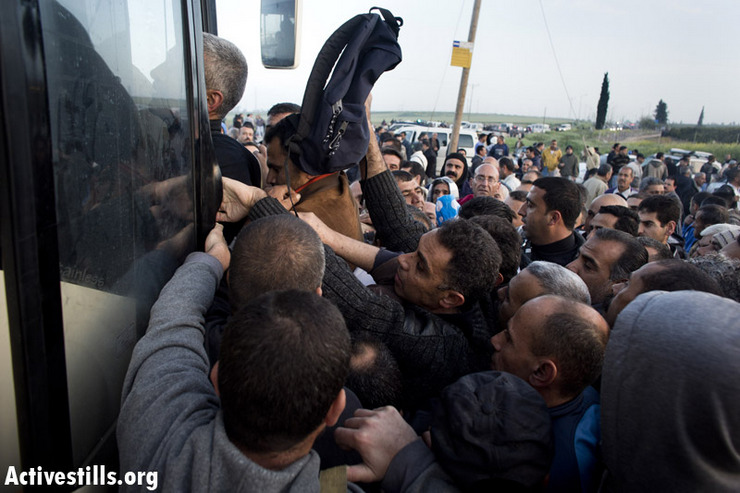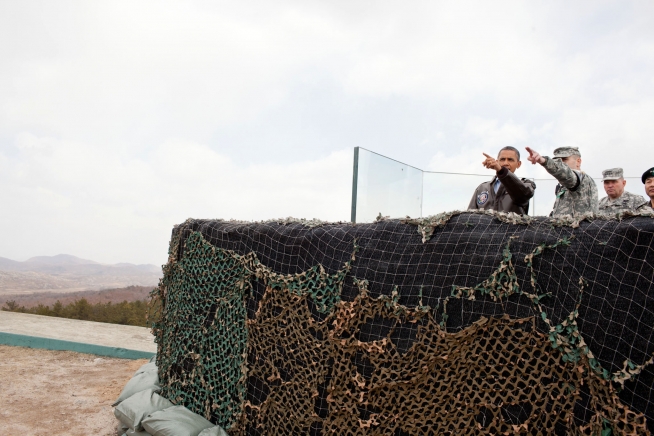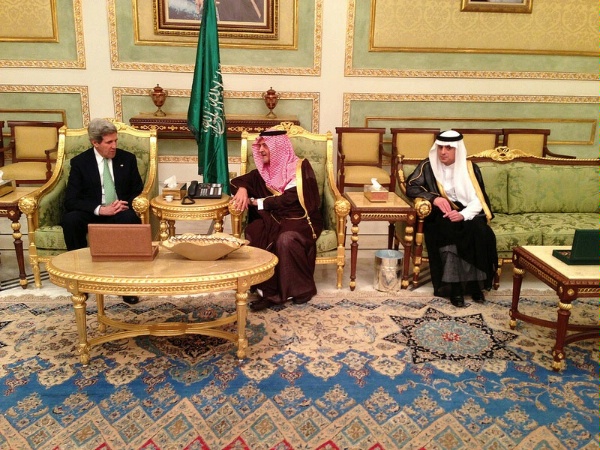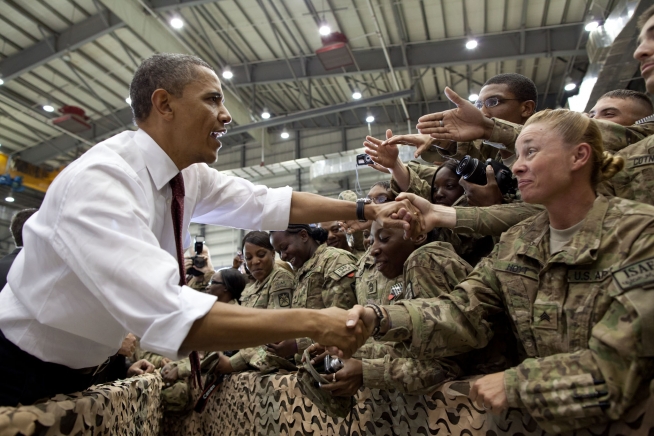
News broke this week that Israeli bus company Afikim began running “Palestinian-only” buses to transport West Bank Palestinian workers into Israel, reportedly because Israeli settlers complained about having to ride the bus with Arabs.
See Mondoweiss for details on how this system of segregated public transportation is hardly new. But things seem to be escalating since the news broke: just hours after the “Palestinian-only” buses started operating, two of them were set on fire by “unknown assailants.”
At The Daily Beast‘s Open Zion blog, Anna Lekas Miller says this is just one small detail in the broader Israeli-apartheid system:
Though many are outraged over the Jim Crow-like segregation, this is only the tip of an apartheid iceberg in the occupied West Bank and East Jerusalem. To begin with, the Palestinians who are being asked to take the segregated buses are the privileged few with permits to work in the state of Israel. Most Palestinians living in the West Bank are not even able to travel to Israel on a segregated bus; their only options are to find work in the West Bank, which can be very difficult, or to sneak in and illegally work in Israel, which is low-paying and can result in arrest and imprisonment if they are caught.
And of course, even that doesn’t cover it. No discussion of Israeli apartheid can be complete without delving into the complex system of checkpoints which riddle what remains of Palestinian territory. As Noam Chomsky wrote in 2009:
The checkpoints have no relation to security of Israel, nor does the wall, and if intended to safeguard settlers, they are flatly illegal, as the World Court ruled definitively. In reality, their major goal is to harass the Palestinian population and to fortify what Israeli peace activist Jeff Halper calls the “matrix of control,” designed to make life unbearable for the “drugged roaches scurrying around in a bottle” who seek to remain in their homes and land. All of that is fair enough, because they are “like grasshoppers compared to us” so that their heads can be “smashed against the boulders and walls.” The terminology is from the highest Israeli political and military leaders, in this case the revered “princes.” And similar attitudes, even if more discretely expressed, shape policies.
That analysis, along with the racist quotations from Israeli officials, rings accurate when one watches this short clip from the 2003 documentary Checkpoint:
I’m reminded as well of the shocking recent survey conducted by the Israeli data firm Dialog, which found that most Israeli Jews would support an explicitly apartheid system if Israel annexes the West Bank.
Fifty-nine percent of respondents said they want preferences for Jews over Arabs in admission to jobs in government ministries. Almost half, 49 percent, want the state to treat Jewish citizens better than Arab ones; 42 percent don’t want to live in the same building with Arabs and 42 percent don’t want their children in the same classes with Arab children.
About a third of the Jewish public wants a law barring Israeli Arabs from voting for the Knesset 69 percent objects to giving Palestinians the right to vote if Israel annexes the West Bank.
“A sweeping 74 percent majority is in favor of separate roads for Israelis and Palestinians in the West Bank,” Haaretz reported. “Almost half – 47 percent – want part of Israel’s Arab population to be transferred to the Palestinian Authority and 36 percent support transferring some of the Arab towns from Israel to the PA, in exchange for keeping some of the West Bank settlements.”
Underlying all of this are the ideas articulately expressed by the Israeli settler in this video (click the “cc” button to turn on closed captions):
This system of segregation, oppression, and dispossession of Palestinians is allowed to continue solely because of unconditional US support for it. Period.






